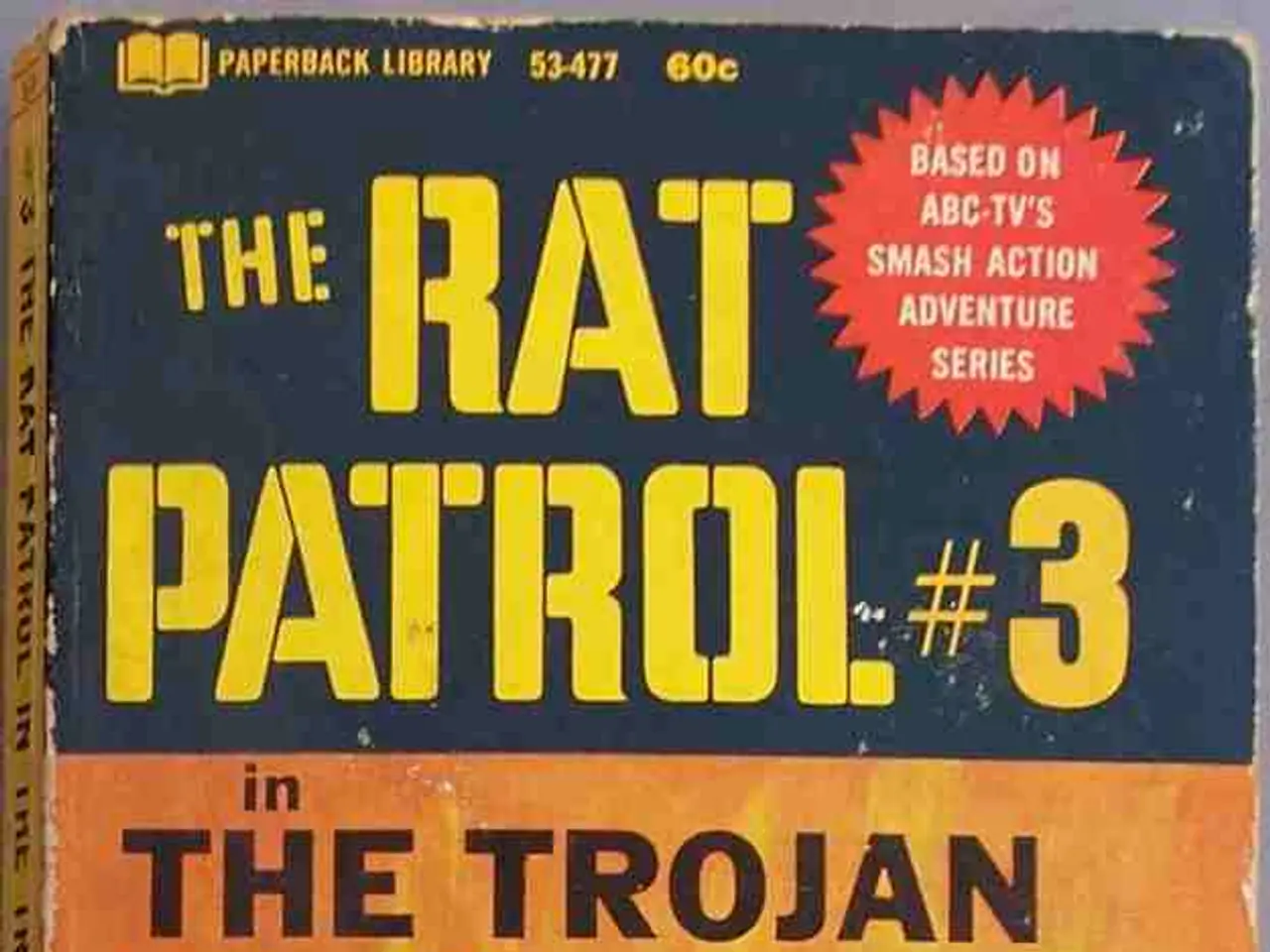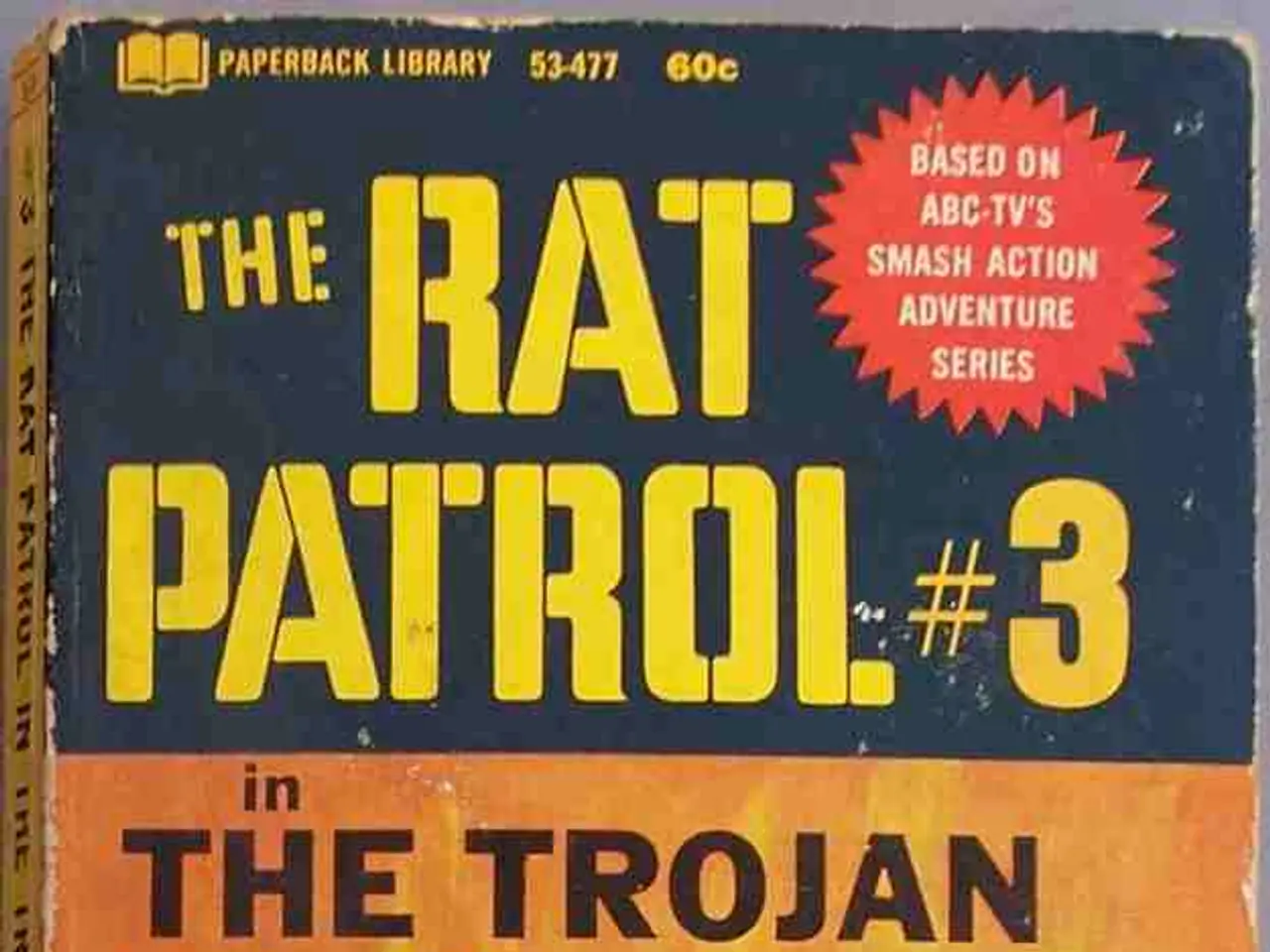Authorities in Kashmir conducting raids on retail establishments following the enforced prohibition of specific books
In the Indian-administered Kashmir region, separatists have strongly criticized a recent ban on 25 books, viewing it as an authoritarian attempt to erase historical truths and suppress dissent.
The ban, which occurred on the sixth anniversary of India's imposition of direct rule over Kashmir, targeted works by scholars, academics, and even a Booker Prize winner like Arundhati Roy. The government justified the ban, citing reasons of "exciting secessionism."
The raids, conducted in the Muslim-majority region of Kashmir, were not limited to bookstores but also included similar raids in February, seizing books including Islamic literature.
The separatists argue that the bans target narratives that reflect Kashmir's complex history, political aspirations, and grievances under Indian administration. Mirwaiz Umar Farooq, a prominent separatist leader, condemned the bans, stating that they "only expose the insecurities and limited understanding of those behind such authoritarian actions."
India's top administrator in Kashmir, Manoj Sinha, still wields substantial authority in the region as the national government's representative. The first local elections in Kashmir since 2019 resulted in a largely powerless government compared to Sinha.
The government accused the authors of the banned books of "playing a critical role in misguiding the youth" against India. The raids were conducted by police, who stated that the operation targeted materials promoting secessionist ideologies or glorifying terrorism.
However, the separatists see the government's actions as suppressing dissent and critical scholarship rather than addressing genuine security concerns. The book ban is a part of the ongoing allegations of repression and human rights abuses in Kashmir, with India being accused of such practices in an attempt to silence dissent.
The book ban is a controversial decision that has been criticized as authoritarian, with Farooq describing it as such. The actions of the Indian government in Kashmir continue to be a source of contention, with the separatists calling for a more open and inclusive approach to the region's history and politics.
- The media has widely reported on the controversial decision made by the Indian government to ban 25 books in the Indian-administered Kashmir region, with critics viewing it as a suppression of dissent and critical scholarship.
- This ban, on the sixth anniversary of India's imposition of direct rule over Kashmir, targeted works by scholars, academics, and even a Booker Prize winner like Arundhati Roy, leading to concerns about freedom of speech and human rights in the region.
- Mirwaiz Umar Farooq, a prominent separatist leader, used the general-news platform to condemn the book ban and accused the government of insecurities and limited understanding, highlighting the importance of open and inclusive approaches to Kashmir's complex history and politics.
- In response to the criticism, India's top administrator in Kashmir, Manoj Sinha, defended the book ban as addressing security concerns, but war-and-conflicts and crime-and-justice analysts argue that the actions of the Indian government in Kashmir continue to be a source of contention and that the government's allegations of repression and human rights abuses are a concern for international observers.








